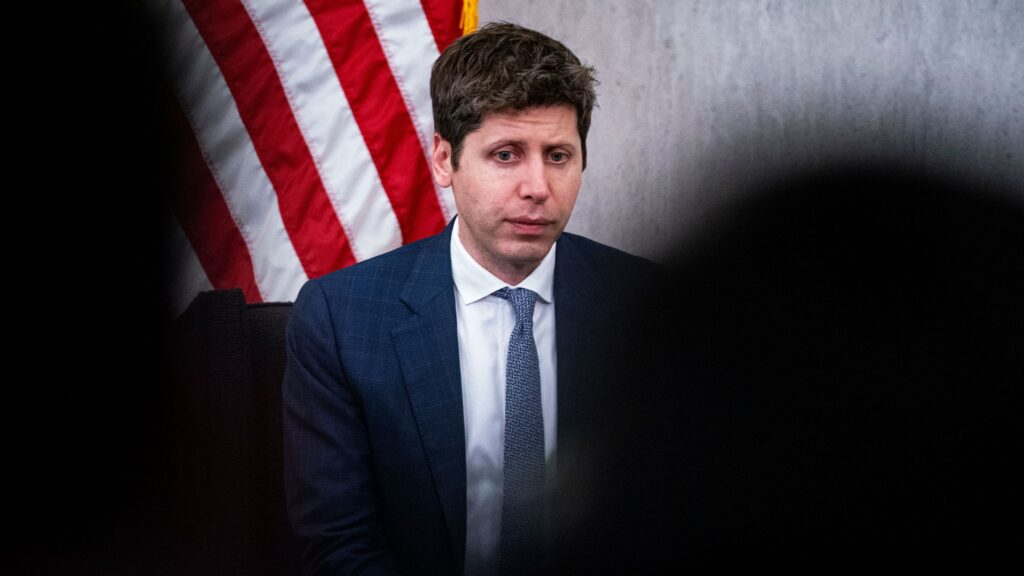
Sam Altman, the CEO of OpenAI, is not interested in achieving immortality, even with the potential of artificial intelligence offering a divine-like existence and eternal life. He believes that the natural order of things and ongoing progress necessitate death, turnover, and the introduction of new individuals.
The field of Generative AI holds significant potential in various industries such as healthcare, technology, education, and more. Particularly in medicine, advanced AI technologies have already shown remarkable advancements. For instance, researchers at Cambridge recently developed an AI tool capable of predicting the progression of Alzheimer’s disease with 80% accuracy. This innovation allows medical professionals to recommend suitable treatments and rehabilitation programs before the condition worsens.
One notable example is Microsoft’s creation of QuitBot, an AI tool utilizing OpenAI’s ChatGPT technology that aids chronic smokers in overcoming nicotine addiction through emotional support. This demonstrates how AI is set to transform the healthcare sector by facilitating early detection of critical conditions.
Despite these advancements, Sam Altman remains firm in his stance against living indefinitely. During a discussion on MD MEETS with Mathias Dopfner from Axel Springer, Altman expressed his reluctance towards eternal life despite the potential capabilities of AI. He emphasized the importance of embracing mortality as part of the natural course of progress.
Altman also highlighted his desire for a healthy life rather than specifying a desired age limit. He believes that leveraging AI can assist in navigating complex issues surrounding health and potentially uncovering what was once deemed impossible.
Contrary to this optimistic view, Cyber Security Laboratory director Roman Yampolskiy warned about a high probability (99.999999%) that AI could lead to humanity’s downfall. He suggested that preventing this catastrophic outcome might involve refraining from developing AI altogether.
In recent news, concerns have arisen about users forming deep dependencies on AI tools, leading to cognitive decline and tragic incidents like suicides allegedly linked to these tools. Consequently, OpenAI has implemented stricter safety measures on its chatbot to prevent such occurrences.
While Altman advocates for widespread adoption of AI technologies across various sectors and acknowledges their diagnostic capabilities surpassing those of many doctors, he remains cautious. He prefers having human medical professionals involved in decision-making processes rather than solely relying on AI tools for critical medical decisions due to concerns about ChatGPT’s tendency for errors.
Altman also cautioned against placing excessive trust in technological solutions like ChatGPT due to their potential shortcomings such as hallucinations. Despite advancements like Windows 11 surpassing Windows 10 in popularity after a decade-long reign as the most widely used operating system, uncertainties remain regarding upgrades for systems that may not meet minimum requirements.
Overall, while technological advancements hold great promise for improving various aspects of society, careful consideration and oversight are necessary to address potential risks and limitations associated with their adoption.